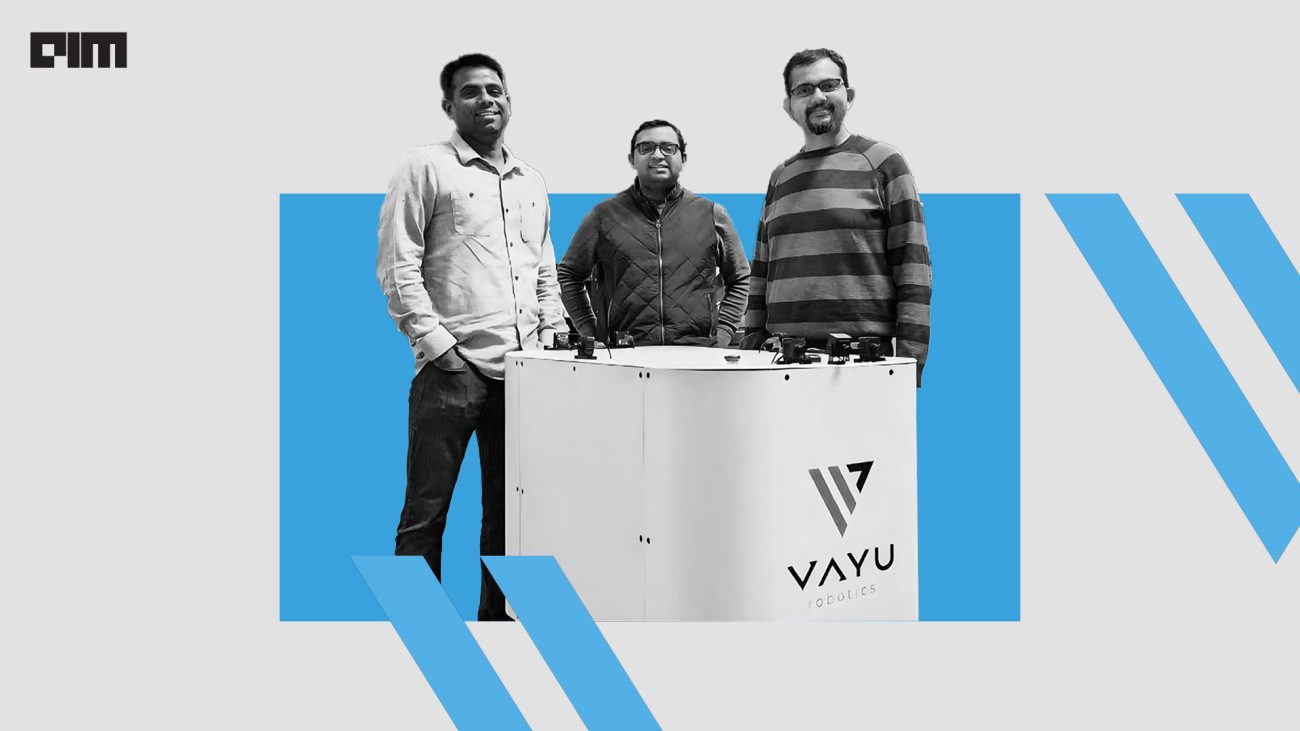|
Listen to this story
|
About a week ago, a 30-second clip of a security guard locking the main gates of an office went viral. In the video, the security guard can be heard saying that he was following orders from a senior official to lock the gates so that employees do not leave or take breaks “without permission”. The incident happened at the Gurugram office of Coding Ninjas, an online programming platform backed by Info Edge.
Several Reddit users have condemned the act drawing parallels to the Triangle Shirtwaist Factory fire that took place in 1911 in New York City killing 146 workers as the doors were locked from outside. This tragic event raised awareness about dangerous working conditions and led to improved labor laws and safety regulations in the US.
However, if you scratch the surface, you would see that toxic work culture in Indian edtechs is not uncommon. Byju’s, which has jumped onto the AI bandwagon with its own predictive AI model Badri, is not only hailed as the country’s biggest edtech but is also infamous for a lot of things discussed widely.
Read more: Edtech Awakens to GPT-4, Indian Regulators Stay Asleep
Toxic Work Culture Plagues Indian EdTech Giants
Byju’s employees have often reported harsh working conditions, including prolonged working hours, physical and verbal abuse, and the pressure to “mislead customers”. Evidence such as messages, emails, and recordings highlighted how managers coerced employees into working long hours without breaks. Clients also shared experiences of being coerced into purchasing courses even when suffering financial losses.
According to a report by Context, Byju’s former employee Pratik Makhija said, “We are treated like slaves. At what cost are they making their revenue and their valuation? By crushing us.” Similar complaints have been reported in other edtech companies like Vedantu and Unacademy where they revealed stressful work environments, pressure to engage in unethical selling practices, arbitrary salary deductions and the lack of job stability.
Unacademy’s SVP of design Hardik Pandya faced backlash on his Twitter post after he glorified hustle culture and working hard, even beyond stipulated hours. In an earlier conversation with ET, Unacademy employees revealed about toxic work culture, pushy sales and working beyond the hours of the company.
Growing Fast, Falling Faster
The Indian edtech sector witnessed a rapid growth during the pandemic, becoming the lifeline for remote learning. This surge led to significant investments and valuations. India is the home to more than 11,000 edtech startups with six unicorns, namely, Byju’s, Unacademy, PhysicsWallah, Vedantu, Eruditus, and upGrad, as of June 2023. With a surge in funding, the six edtech startups became unicorns in the past three years.
However, as schools reopened, challenges like intense competition, lack of regulation, digital divide, and a decline in demand, caused a drop in engagement and valuations.
From 2014 to March 2020, edtech startups raised $1.32 billion, but in 2020 alone, they raised $1.43 billion, surpassing the previous five years. In 2021, the sector received $4.73 billion in funding, making it the most-funded startup segment in India. However, in 2022, funding declined by 44.18% due to the reopening of schools and tuition classes.
To combat the slowdown, like many other tech counterparts, these edtechs have resorted to handing over pink slips in abundance. Edtech companies have been the most affected, with 18 startups in the sector laying off over 8,200 individuals. After laying off 2,500 employees last year, Byju’s cut jobs of another 1,500 employees primarily from engineering, production and design. Lido Learning, an online education platform, asked over 1,200 employees to resign, primarily from sales and marketing departments.
SoftBank-banked Unacademy followed suit by terminating around 100 employees and later downsizing its workforce by an additional 600 employees. Vedantu shed 11% of jobs.This downsizing trend also impacted other edtech companies like WhiteHat Jr, FrontRow, Udayy, and Eruditus. Udayy had to ultimately shut down.
Education Should be Affordable & Accessible
Edtech struck gold when schools shut down during the pandemic. However, education should be driven by a purpose greater than mere financial gains, focusing on holistic growth and personal development of students.
One of the sticklers to this ideology is Alakh Pandey, the man behind PhysicsWallah that became a unicorn last year. Unlike other struggling edtech companies, PhysicsWallah stands out for its profitability. Pandey started out in 2014 by providing free physics classes on YouTube. With over 10,000 enrolled students and a growing user base, PhysicsWallah earned its success by listening to students’ demands and delivering what they needed.
Krish Naik, the co-founder of iNeuron, provides free online sessions on deep learning and is revered by the masses. Even Andrew Ng, who is considered to be one of the Godfathers of AI, is providing free courses on prompt engineering, among others, to upskill everyone. American edtechs like Coursera and Udemy too provide free courses.
Read more: No Need to Study Maths Anymore
































